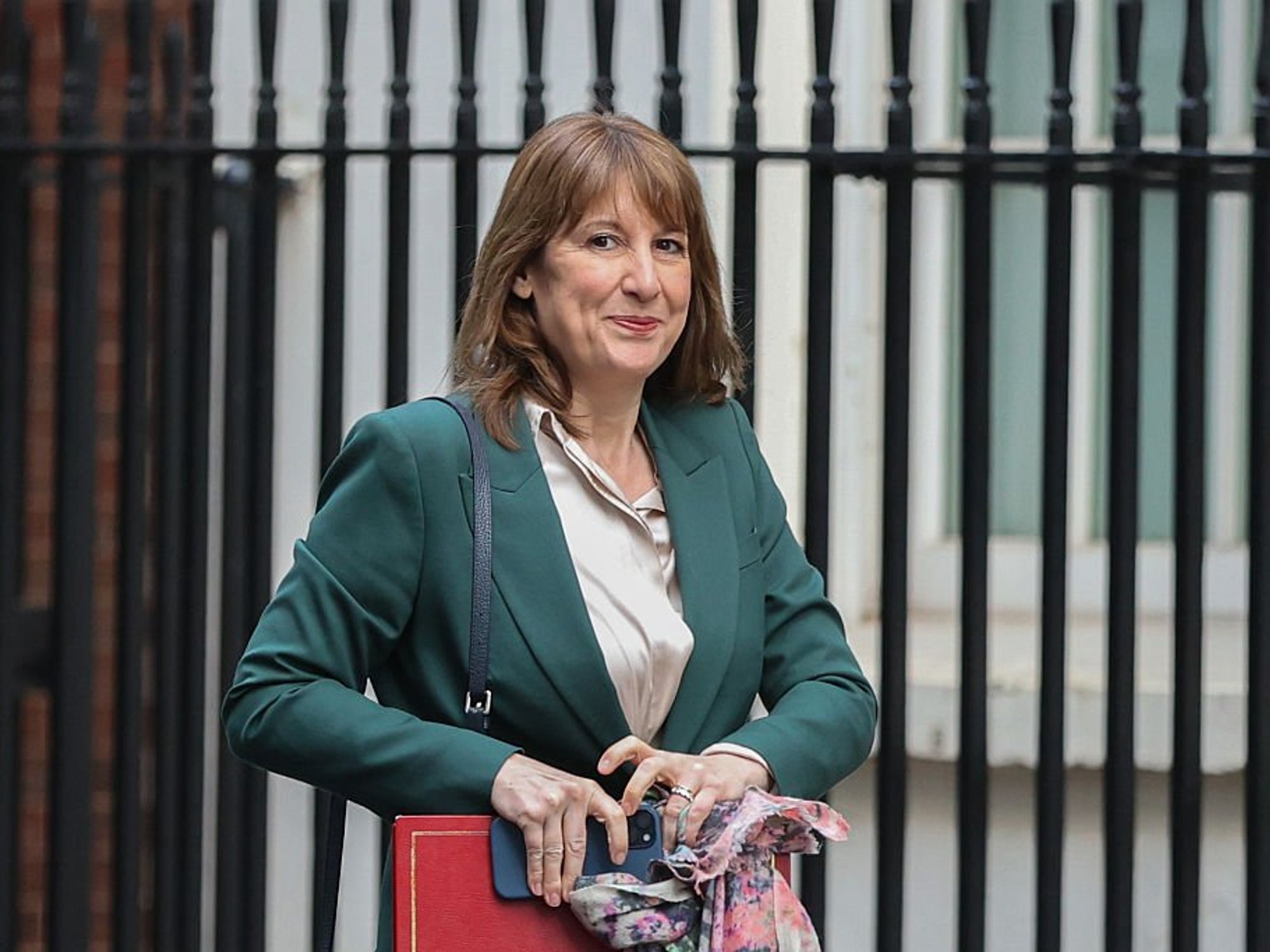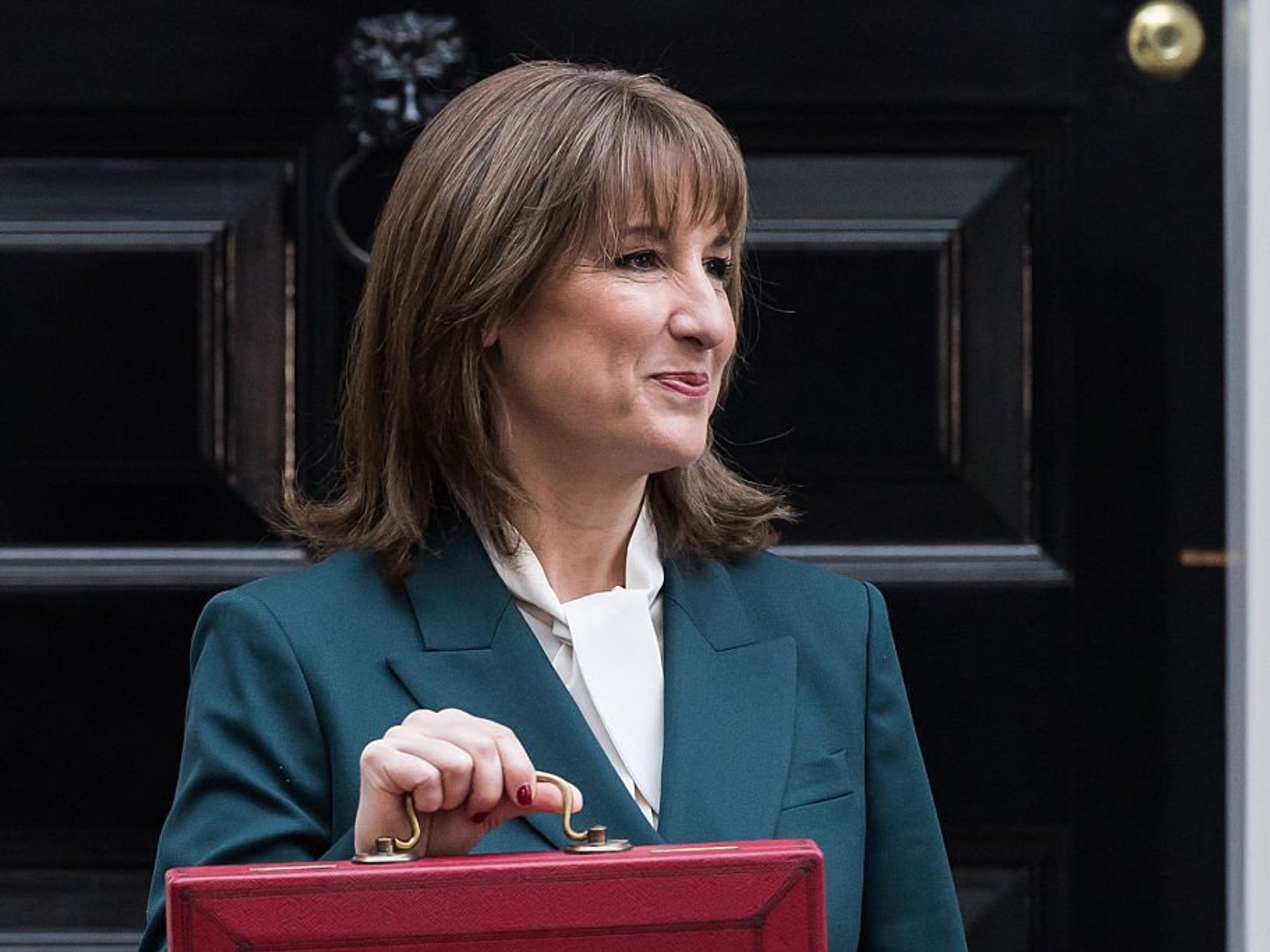Bank of England unlikely to cut interest rates again this year as City warns of 'sticky inflation' before Budget
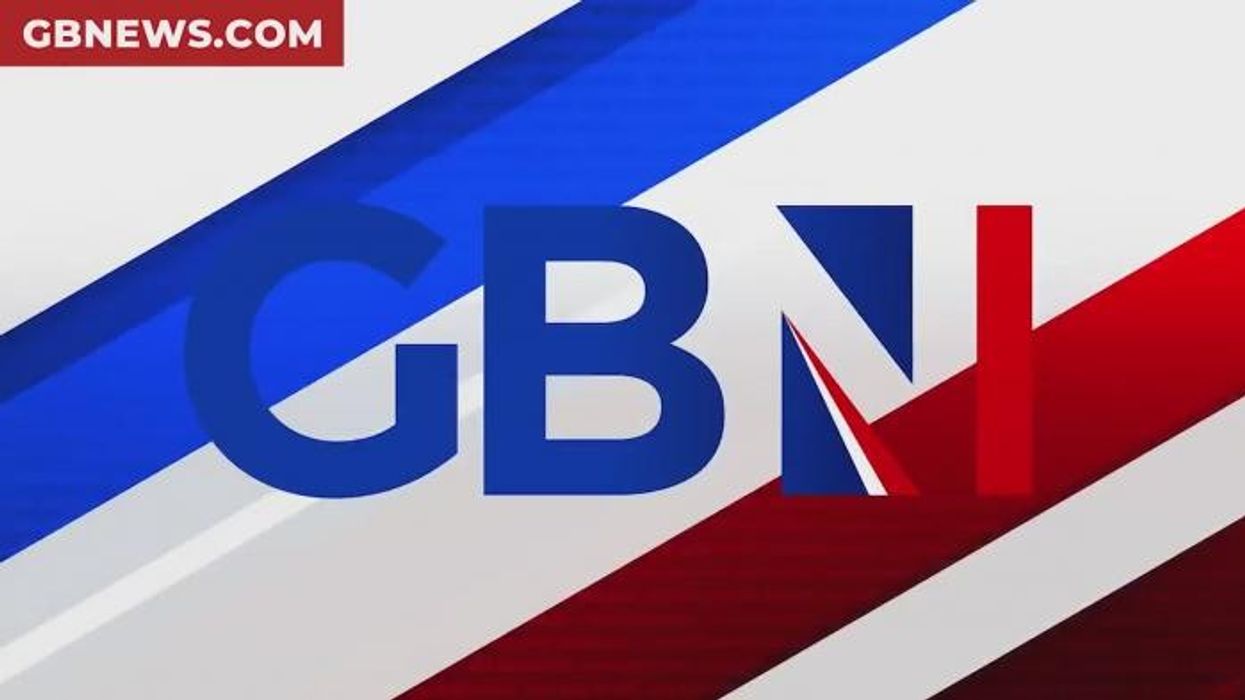
Interest rates cut: Recession warning as top economist says Bank of England move falls short - ‘I would have welcomed more’ |
GB News

Rate cut expectations fade as City adjusts for the late budget
Don't Miss
Most Read
Latest
Economists predict interest rates will remain at four per cent for the rest of 2025, with analysts significantly altering their projections for monetary policy.
This marked shift in expectations represents a departure from earlier predictions of continued monetary easing.
The central bank has implemented five rate reductions since August of last year, a more cautious approach than the seven or eight cuts initially anticipated when the easing cycle commenced last summer.
Major financial institutions have adjusted their outlooks accordingly.
Several prominent economists have pushed back their forecasts for any further reductions in borrowing costs, citing multiple economic factors that suggest the Monetary Policy Committee will adopt a wait-and-see approach.
The revised predictions reflect growing concerns about the UK's economic trajectory.
Economists say careful assessment is needed before implementing additional monetary stimulus.
HSBC and Pantheon Macroeconomics both predict the Monetary Policy Committee will hold rates steady at 4 per cent across all four remaining meetings this year.
Do you have a money story you’d like to share? Get in touch by emailing money@gbnews.uk.
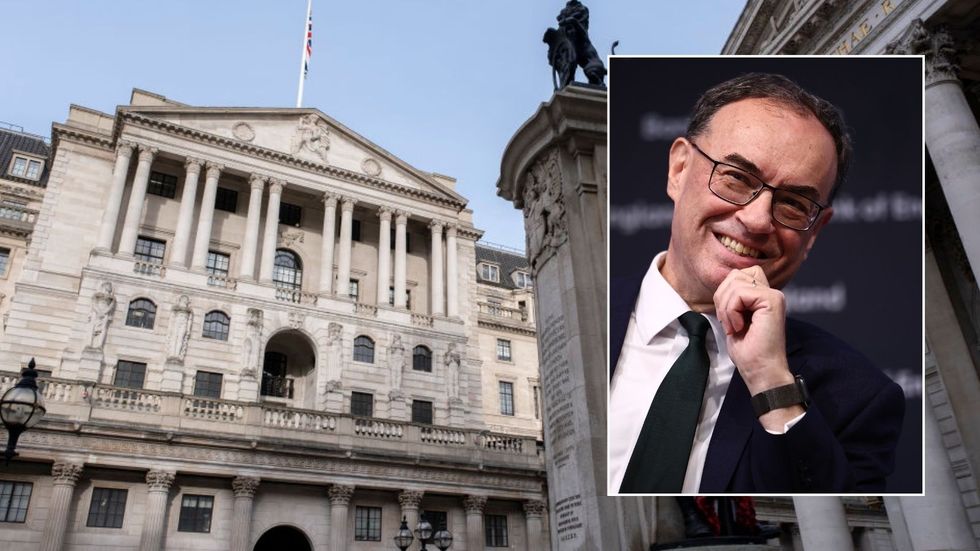
Further Bank of England interest rate cuts are now unlikely, according to analysts.
| GETTYThese revisions underscore a growing consensus that the Bank will exercise extreme caution, with economists expecting a measured approach before any further monetary easing is implemented.
Rachel Reeves' announcement of a budget scheduled for November 26 has emerged as a crucial factor in these revised calculations.
The budget falls after the Monetary Policy Committee’s November 6 meeting, but three weeks before their final 2025 decision on December 18.
Sanjay Raja, senior economist at Deutsche Bank, emphasised that "there is now an information advantage to wait with the hotly anticipated budget skewing the balance of risks to a later rate cut."
The Chancellor faces the challenge of addressing a £41.2billion gap in public finances, according to NIESER's model.
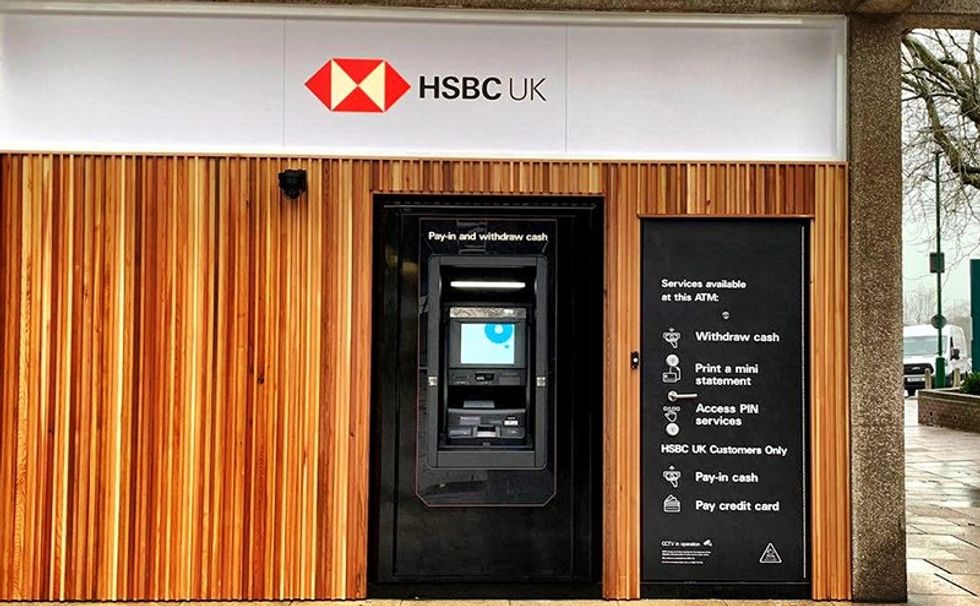
Chris Hare doesn't expect rates to drop until April.
| HSBC UKChris Hare, senior economist at HSBC, has pushed his forecast for the next quarter-point reduction all the way to April 2026.
He cited "stickier inflation and stubbornly high inflation expectations, which are both more acute than in other western economies" as key factors.
Deutsche Bank has modified its projections more modestly - shifting its anticipated rate reduction from November to December, suggesting policymakers will "wait for the details" before acting.
"The MPC may have more upside surprises over the coming months, relative to its August forecast, strengthening the case to stay on hold," Hare said.
LATEST DEVELOPMENTS:
The Treasury is considering revenue-raising measures including stealth taxes, a mansion tax and changes affecting pensioners.
Raja noted that "waiting for the details of the budget would also allow the MPC to more carefully judge where inflation in 2026 could land given announcements on index-linked, administrative and dutiable items."
This fiscal uncertainty has become a significant consideration in monetary policy deliberations.
Analysts say it could influence the timing of any future rate cuts.
Inflation concerns have emerged as a central factor in the revised rate forecasts.
Rob Wood, an economist at Pantheon, highlighted that the recent increase in 30-year bond yields partly stems from traders' fears about Britain's persistent inflation challenges.

Bank of England interest rate cuts pushed back Net-Zero Banking Alliance suspended
| GETTY"We think policymakers are over-egging the pudding when they say as Andrew Bailey did at the recent Treasury Select Committee meeting that market inflation expectations are well anchored to the target," Wood stated - anticipating no rate cuts until 2026.
Consumer inflation expectations have shown volatility, with recent data from Citi and YouGov indicating a decline to 3.9 per cent from 4.2 per cent for long-term projections.
The mortgage market has already responded to these shifting expectations.
Major lenders including Barclays, Nationwide and Virgin Money have increased rates on various mortgage products this week, according to Moneyfacts data.
The Monetary Policy Committee's nine members remain divided. They have split into three distinct camps regarding the optimal approach to monetary policy management.
More From GB News








